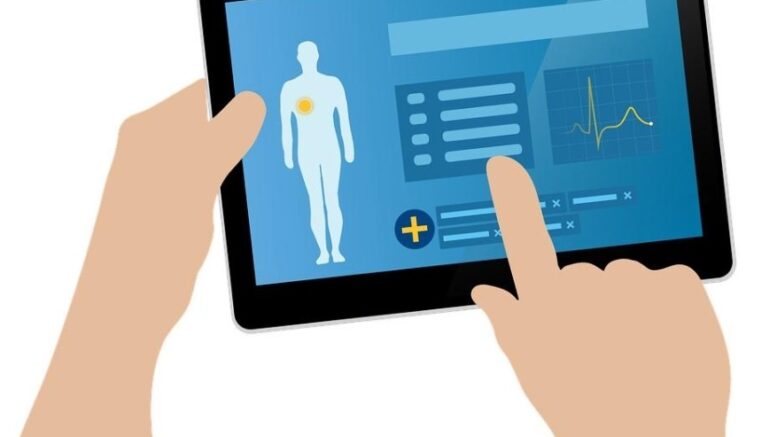Working towards becoming healthier has been a great turn and has increased ever since the pandemic hit.
This is why people are putting more awareness towards monitoring their health and getting deeper data on what truly goes inside the human body, more than just how it might look on the outside.
Within the Confines of Your Home
A selection of the latest tech which you can use in the comforts of one’s home has grown smarter throughout the years.
These gadgets aid in regularly showing you what goes on in your system, such as your circulation, blood pressure, and body mass index, among others.
The best part about personal health monitors is that you no longer have to go to the hospital or the nearest clinic just to get a regular check on your data.
From Looking Great to Feeling Healthy
Personal health monitors range from apps to smart gadgets. Their primary goal isn’t to be prescriptive–that is to say, there still are things that should be analyzed, read, and prescribed by a medical professional.
The main goal of these health monitors is to help you track things that are usually already prescribed to you by your primary care physician as areas to look out for or to work on.

The best goal for anyone looking into getting personal health monitors at home is to be able to have a healthier lifestyle that’s easily trackable and preventive of possible worsening of conditions.
The goal isn’t merely to look good physically, but more importantly, the objective is to be stronger and healthier.
A Monitor for Every Purpose
Due to the possible overwhelming kinds of health monitors available, you might find yourself confused about which ones to get for your home.
We’ve detailed some of the most common ones below as a quick guide to understanding how each one is designed differently so you can do your research before you decide to buy:
Digital Thermometers
We’ve already known the possible health hazards of a traditional thermometer due to its liquid mercury.
This is why digital thermometers are considered safer to use and are an essential piece in your first aid kit.
Having a thermometer at home can easily allow you to check your body temperature–giving you signs if you’re about to have a break of fever before you rush over to the nearest urgent care.
Additionally, if you’re undergoing home treatment for the common flu, it will be easier to communicate with your primary care physician with updates on how your medication is working for you if you have regular access to how your body’s temperature has changed.
Blood Pressure Apparatuses
A blood pressure monitor at home is essential even if no one at home is diagnosed with hypertension.
This goes without saying that if you’ve ever gone to a clinic, two of the things that your nurse will check on you are your temperature and your blood pressure.
Being able to monitor your blood pressure will not only help you see which days you haven’t been feeling well but more so, it will also help you see what your regular blood pressure is like.
Glucose Testers
A blood sugar test is regularly needed for people living with diabetes or is pre-diabetic. This is usually already prescribed by a doctor once diagnosed with diabetes, as the required medication depends mostly on a patient’s current blood sugar levels.

Blood Ketone Monitors
In more advanced cases of diabetes or ketoacidosis, people who suffer from the disease might need a more advanced health monitor at home, such as a blood ketone monitor.
These monitors will not just reflect how much sugar is in your blood upon testing but will also reflect your ketone levels–certain levels being a signal that a patient can be at the onset of a coma.
Pulse Monitors or Oximeters
This non-invasive monitor helps in showing you even the minutest changes in how much oxygen your blood is carrying throughout the farthest ends of your body–such as in your arms and legs.
Oxygen levels have been a crucial aspect, especially for people living with diseases that affect their breathing.
Urine Analyzers
If you’re living with someone who has kidney problems, it is best to have your urine analyzer at home.
This monitors sediments in the urine and reflects if there are red blood cells, along with glucose, protein, and bilirubin in the sample, signaling you if the patient at home might need to visit the hospital or to check with their physician on how to address the current situation.
Preparation Matters
All in all, these personal health monitors are preventive measures that encourage you to live healthier instead of waiting for a diagnosis.
These are to help you track what goes on inside your body, more than what is visibly happening, so you can better understand what needs to be worked on.
